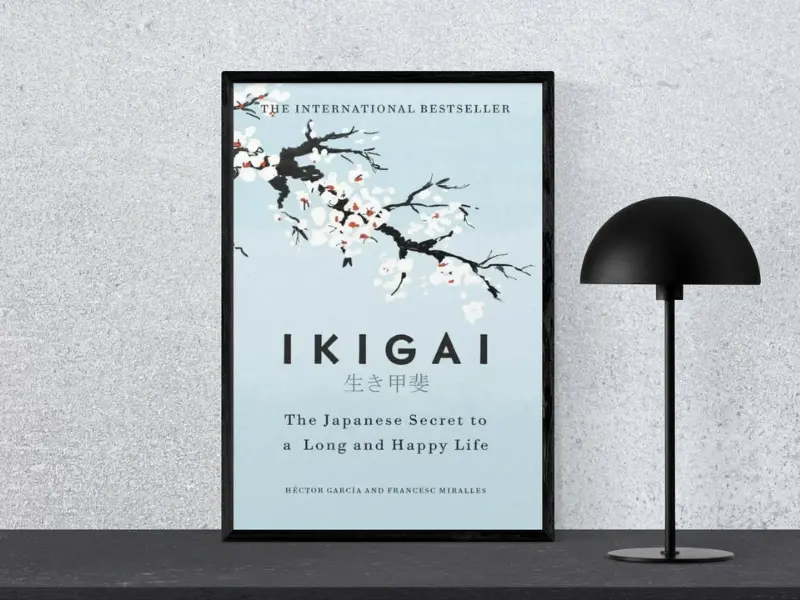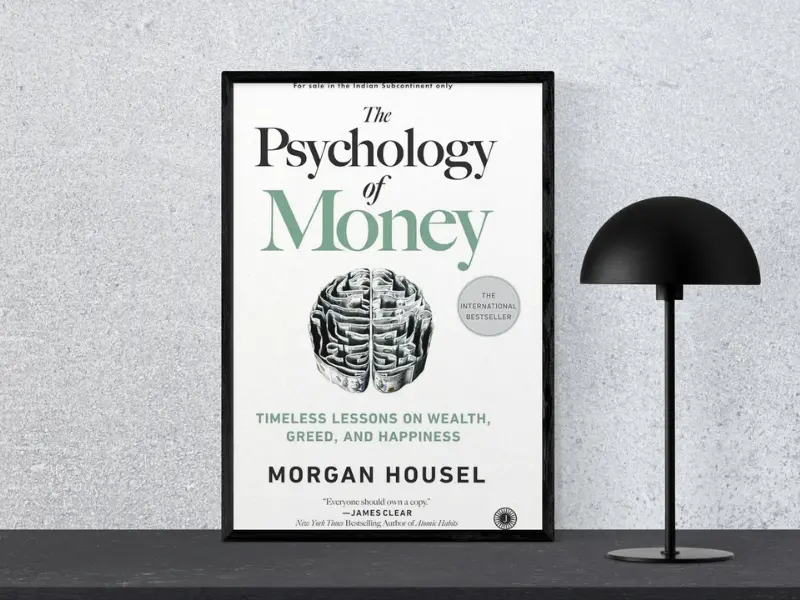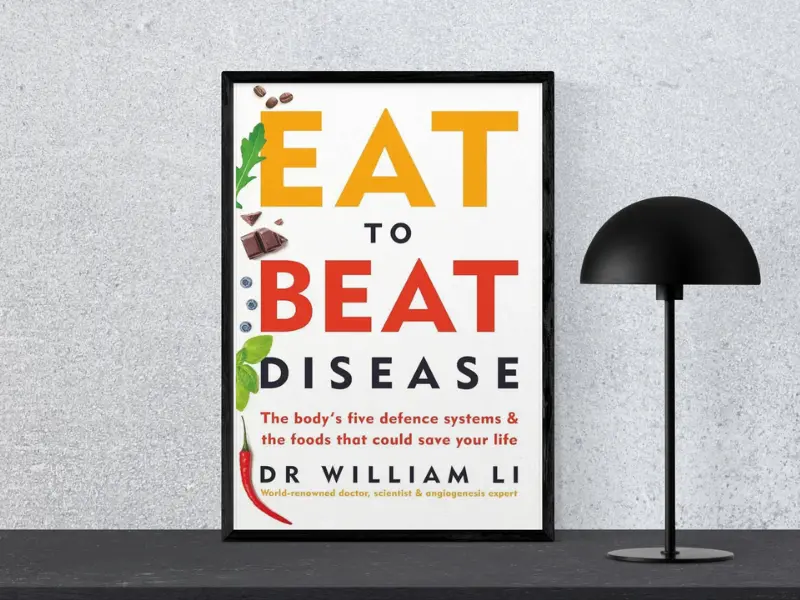
Introduction
We all ask ourselves one question at some point: “Why am I here? What’s the purpose of my life?”
The Japanese people have a beautiful answer: Ikigai. It means the reason to wake up every morning. It’s not about being rich or famous. It’s about living with joy, meaning, and balance.
The book Ikigai by Héctor García and Francesc Miralles shows us how the people of Okinawa (Japan’s village of long life) live happy and healthy even at the age of 90 or 100. Their secret is not medicine or technology but lifestyle and mindset.
Chapter 1 – What is Ikigai?
This chapter explains the meaning of ikigai. Everyone has it, but not everyone finds it. In Okinawa, even people above 100 years wake up with energy because they have a reason — whether it’s gardening, cooking, or helping others.
Chapter 2 – Anti-aging Secrets
The Japanese don’t run after anti-aging creams. Their secret is moderation. They follow the rule Hara Hachi Bu — eat until your stomach is 80% full. This keeps them light and prevents lifestyle diseases.
Chapter 3 – Meaning in Life
The book connects Ikigai with Viktor Frankl’s logotherapy. He said: “When you know why you live, you can survive any how.” If life gives you pain, purpose becomes your strength.
Chapter 4 – Flow
Here the authors talk about flow — a state when you’re so lost in your work that you forget time. Artists feel it while painting, writers while writing, and gamers while gaming. Flow makes life joyful.
Chapter 5 – Long-living Masters
Elders in Okinawa never “retire.” They may stop jobs, but they never stop working on something meaningful. That’s why they never feel useless.
Chapter 6 – Lessons from Centenarians
These people rarely complain. They laugh, help each other, and value community more than money. They live in harmony.
Chapter 7 – The Ikigai Diet
Their diet is simple: vegetables, tofu, seaweed, fish, and lots of green tea. No processed junk food.
Chapter 8 – Gentle Movements
Instead of heavy gym, they do natural activities — walking, gardening, light stretching. Movement is built into their lifestyle.
Chapter 9 – Resilience & Wabi-Sabi
Life is not perfect, and Japanese people know it. They follow wabi-sabi — the art of accepting imperfections. They also believe in ichi-go ichi-e — every moment is unique and will never come again.
Chapter 10 – The Way to Happiness
The last chapter connects everything: purpose, food, movement, friends, and gratitude — this is the path of ikigai.
Four Big Concepts
1. Ikigai
Think of it as a circle made of four parts:
- What you love
- What you’re good at
- What the world needs
- What you can be paid for
Where these meet — that’s your ikigai. For example, if you love teaching, are good at explaining, people need education, and you can earn from it — teaching is your ikigai.
2. Flow
Flow is when you lose track of time because you’re fully involved in something. Like when you’re writing and suddenly realize hours passed. Flow gives happiness without needing external rewards.
3. Wabi-Sabi
This is about loving life with its flaws. A broken cup repaired with gold is even more beautiful — that’s wabi-sabi. Life too is imperfect, but that’s where beauty lies.
4. Neuroplasticity
Our brain can change at any age. Just like muscles, the brain also grows when used. Learning new things, practicing hobbies, and solving problems keep the brain sharp. That’s why Okinawan elders stay mentally active till the end.
Life Lessons from Ikigai
- Always have a reason to wake up. Even small purposes matter.
- Eat light. Stop before you’re too full.
- Move daily. Walk, stretch, dance, but don’t sit idle.
- Stay connected. Family and friends are your real strength.
- Keep learning. Try new hobbies to keep the brain alive.
- Be resilient. Accept problems and bounce back.
- Enjoy the present. Small joys make big happiness.
How to Apply in Real Life
- Make a list of things you love and things you’re good at. See where they meet.
- Follow the 80% food rule. Don’t eat till you’re stuffed.
- Add natural movement — walk while talking on phone, use stairs, water plants.
- Meet people face to face, not just online.
- Do one activity daily that puts you in flow.
- Accept imperfections — in yourself and in life.
- Train your brain — read books, learn music, play puzzles.
Criticism
The book is beautiful but not perfect. It sometimes repeats ideas and gives more stories than deep science. Not everyone can find a career that matches their passion and also pays bills. Also, the picture of Okinawa is idealized — in reality, Japan too has stress and problems.
Conclusion
Ikigai teaches that a good life doesn’t need luxury. It needs purpose, connection, and balance. If you find your ikigai, you’ll not only live longer but also live better. In today’s world of stress and rush, this small Japanese word feels like a gentle hug: slow down, find meaning, and enjoy being alive.


